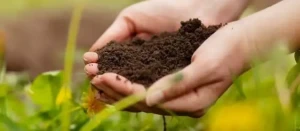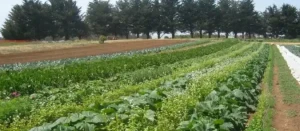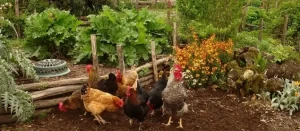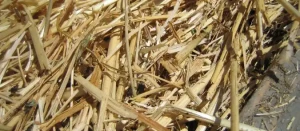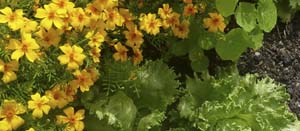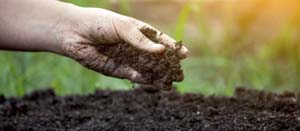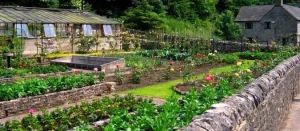SEARCH RESULTS > ARTICLES > crop rotation
As gardeners, we understand that healthy soil is the cornerstone of successful gardening. Regenerative gardening practices not only enhance soil fertility but also contribute to overall ecosystem health. By nurturing the soil, we can cultivate thriving gardens while minimizing environmental impact. Here are 10 regenerative gardening tips to help you boost soil health and vitality. Learn More
As gardeners, we are stewards of the land, nurturing and coaxing life from soil, sun, and water. In our pursuit of abundant harvests and flourishing landscapes, we often seek methods that not only yield bountiful crops but also sustain the delicate balance of our ecosystems. One such approach that has gained significant attention and acclaim is agroecology. Learn More
Permaculture, a term blending "permanent" and "agriculture," represents a holistic approach to food production that aims for sustainability, biodiversity, and resilience. It's a system of agricultural design that integrates human dwellings, wildlife, landscapes, and natural elements to create harmonious, self-sustaining ecosystems. In the realm of gardening and agriculture, permaculture offers profound insights and techniques that redefine how we interact with the land. Learn More
The no-dig method, also known as no-till gardening, is a sustainable and organic approach to cultivating vegetables without disturbing the soil structure. This gardening technique has gained popularity among gardeners due to its numerous benefits for soil health, plant growth, and overall garden productivity. Unlike traditional gardening methods that involve tilling, digging, and turning the soil, the no-dig method emphasizes minimal soil disturbance. Instead of breaking up the soil, gardeners layer organic materials on top of the ground to create nutrient-rich soil beds where plants can thrive. By implementing the no-dig method, gardeners can improve soil structure, enhance soil fertility, and promote beneficial soil organisms such as earthworms and microorganisms. Additionally, this approach helps to conserve water, reduce weed growth, and minimize soil erosion. Learn More
Cover crops are an essential aspect of sustainable gardening. These crops, also known as green manure, are planted primarily to improve soil health, enhance fertility, control weeds, and prevent erosion. Learn More
Creating a thriving and productive garden involves more than just selecting the right plants and providing adequate water and sunlight. One often-overlooked strategy that can significantly enhance your garden's health and yield is companion planting. This ancient practice involves strategically planting different crops together to maximize their benefits and minimize potential issues. Learn More
Permaculture gardens thrive on the principle of working with nature, and at the heart of a successful permaculture garden lies healthy soil. Building and maintaining fertile soil is essential for sustainable gardening practices that promote biodiversity, water conservation, and overall ecosystem health. Learn More
Crop rotation is a beneficial practice in gardening for several reasons. Learn More
